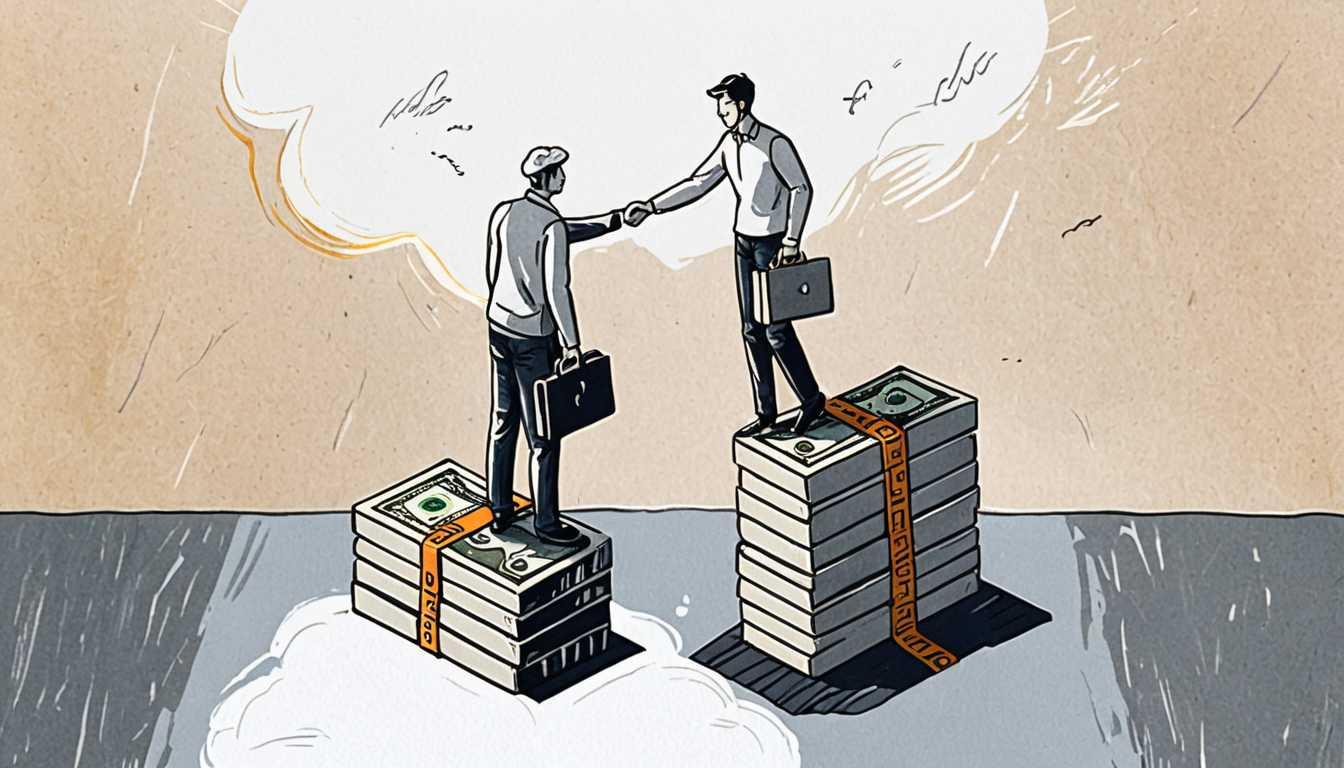Decode Choices with STEM Framework
April 2024
London School of Economics (LSE)
Introduction
Ever wondered why we make the choices we do? Dive into the intriguing world of behavioral biases with the STEM framework, freshly served by the London School of Economics. This cool concept breaks down the big four: society, thoughts, emotions, and motivation. It's not just about identifying biases but smashing them with tailor-made solutions. Get ready to challenge your brain and maybe even change the way you think!
READ FULL ARTICLEWhy It Matters
Discover how this topic shapes your world and future
Unraveling the Mystery of Our Minds
Understanding why we act the way we do is like unlocking a secret code to human behavior. The STEM framework, focusing on Society, Thoughts, Emotions, and Motivation, offers a powerful lens through which to view and understand the subtle forces shaping our actions. This matters because it impacts everything from the choices you make daily to global decision-making processes. By exploring how different factors drive behavior, you can better navigate your world, influence outcomes, and even improve your own decision-making skills. It’s fascinating to see how a simple decision can be influenced by complex interplays of social expectations, personal thoughts, emotional responses, and deep-seated motivations. This insight can empower you to make choices that truly reflect your values and goals.
Speak like a Scholar
Cognitive Limitations
Refers to the natural constraints of human reasoning abilities, affecting how we process information and make decisions.
Debiasing
The process of reducing biases in judgment and decision-making, often through specific strategies and interventions.
Descriptive Norms
The behaviors that people see others around them performing, which can influence their own actions.
Injunctive Norms
Perceptions of what behaviors are approved or disapproved by others.
Risk Aversion
The tendency to prefer avoiding losses over acquiring equivalent gains; choosing a safer option over a riskier one.
Motivational Perspective
The angle from which personal desires and aspirations influence decision-making processes.
Independent Research Ideas
Impact of Social Media on Teenage Risk Behaviors
Investigate how social norms propagated through social media influence risky behaviors among teenagers. This could reveal insights into peer pressure dynamics in the digital age.
Cognitive Load and Academic Performance
Explore how cognitive limitations affect students' performance under different types of academic pressures. This could help in designing better educational strategies.
Emotional Intelligence and Leadership Success
Analyze how emotional intelligence influences decision-making in leadership roles across various industries. This study could inform leadership training programs.
The Role of Incentives in Motivating Eco-friendly Behaviors
Examine how different incentives motivate people to make environmentally friendly choices. This could contribute to more effective environmental policies.
Cultural Differences in Risk Perception
Compare how different cultures perceive and respond to risks, potentially influencing global business strategies and international relations.
Related Articles

Personality Beats Wallets in Love
April 2023
Phys Org

The Lasting Impact of Our Mistakes
June 2024
LSE Business Review

Loyalty vs. Ethics: A Dangerous Game
March 2024
Cornell University

Salary Secrets: Choosing the Right Partner
October 2024
Cornell News Highlights

Health and Education: A Culture Connection
May 2024
Harvard Gazette